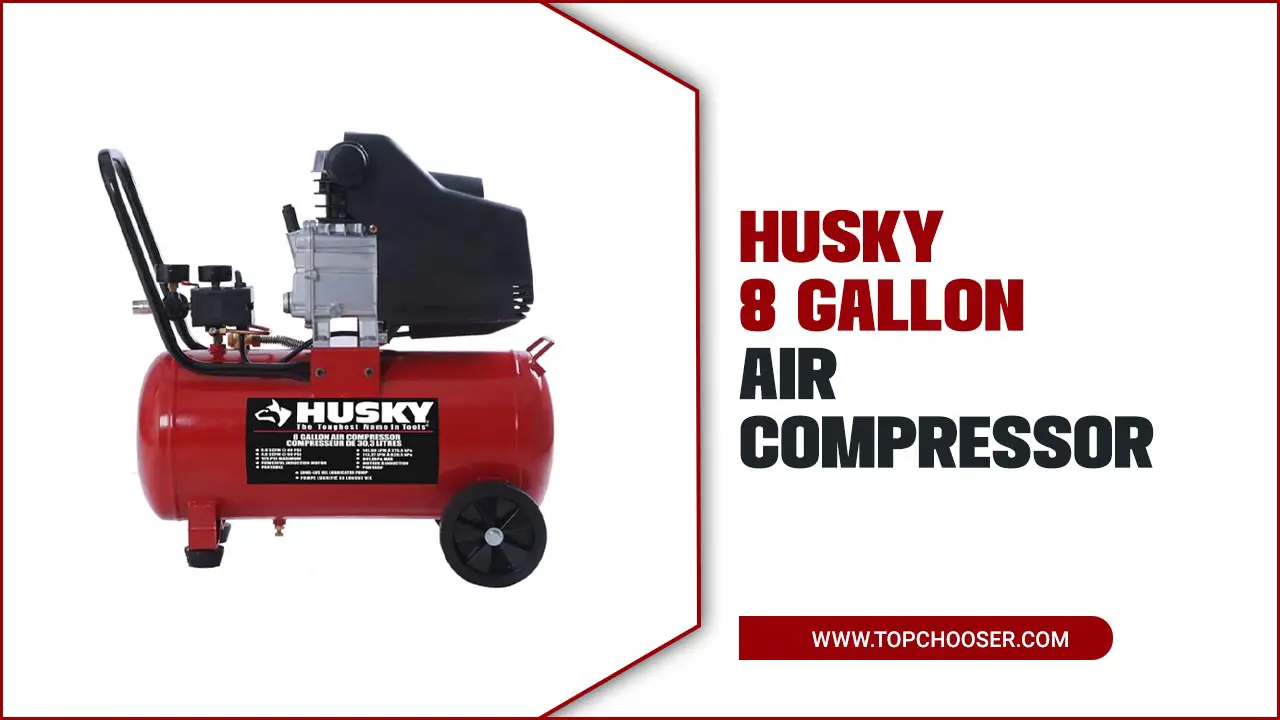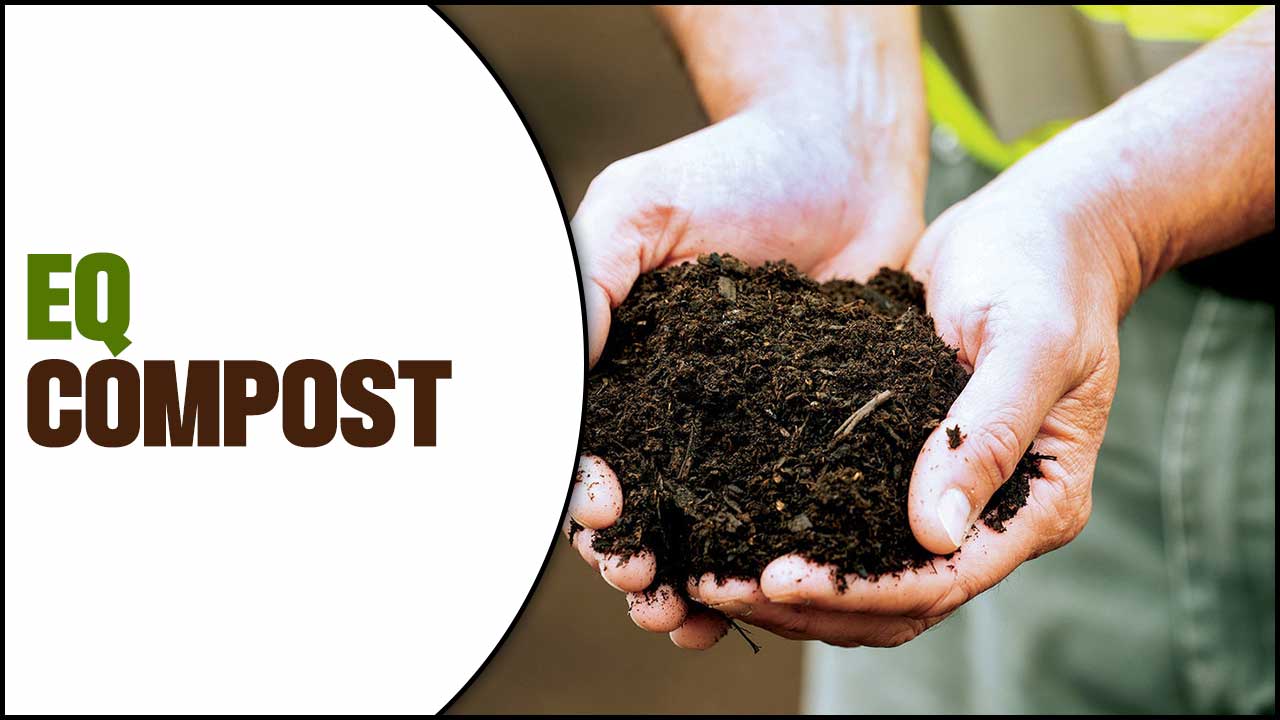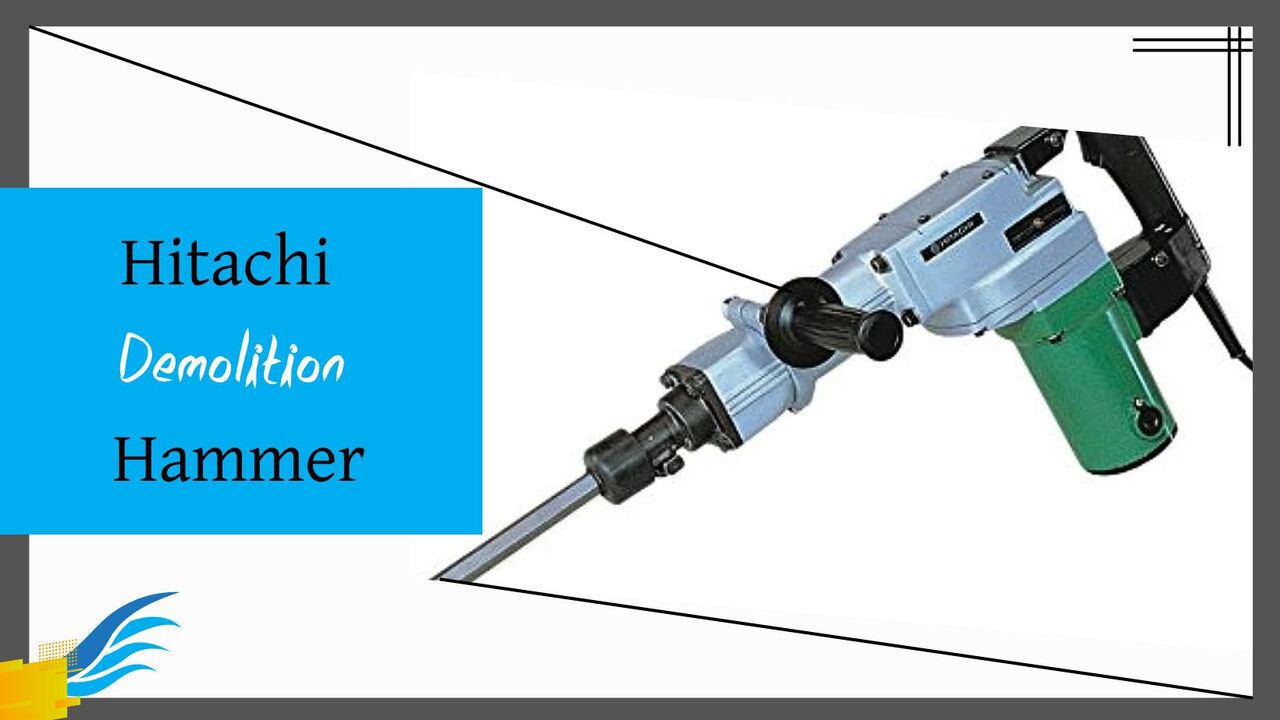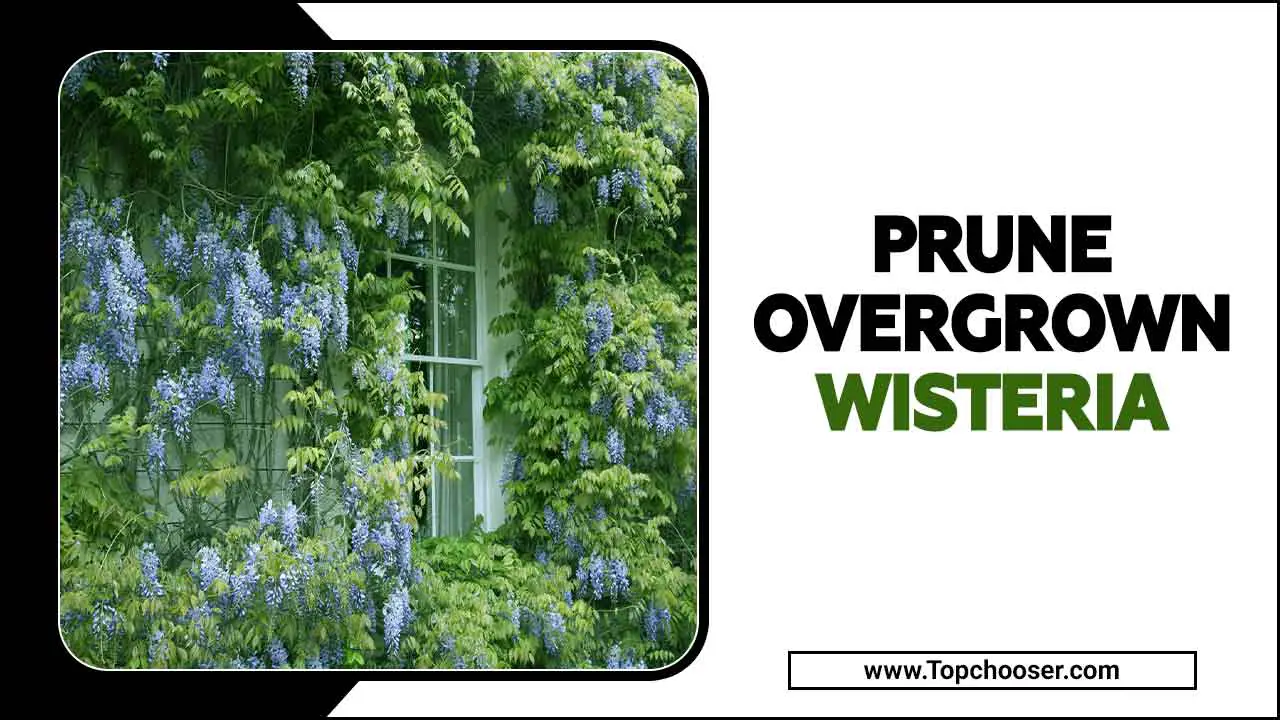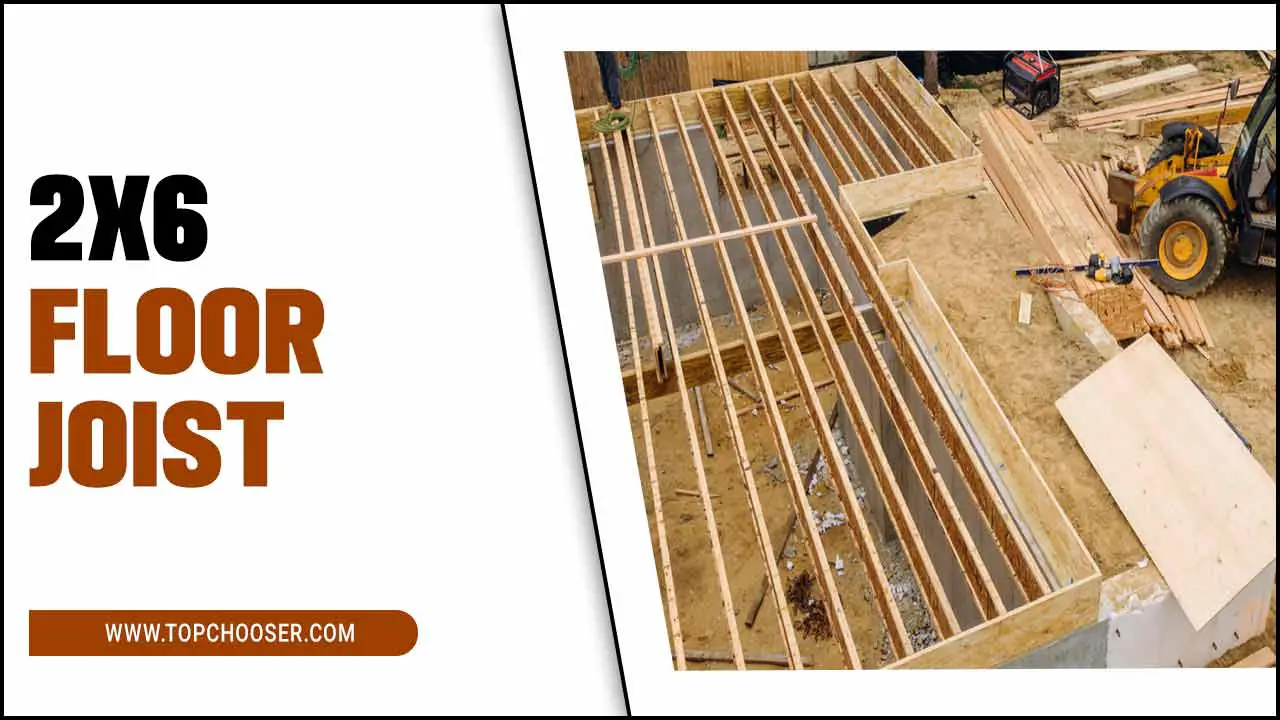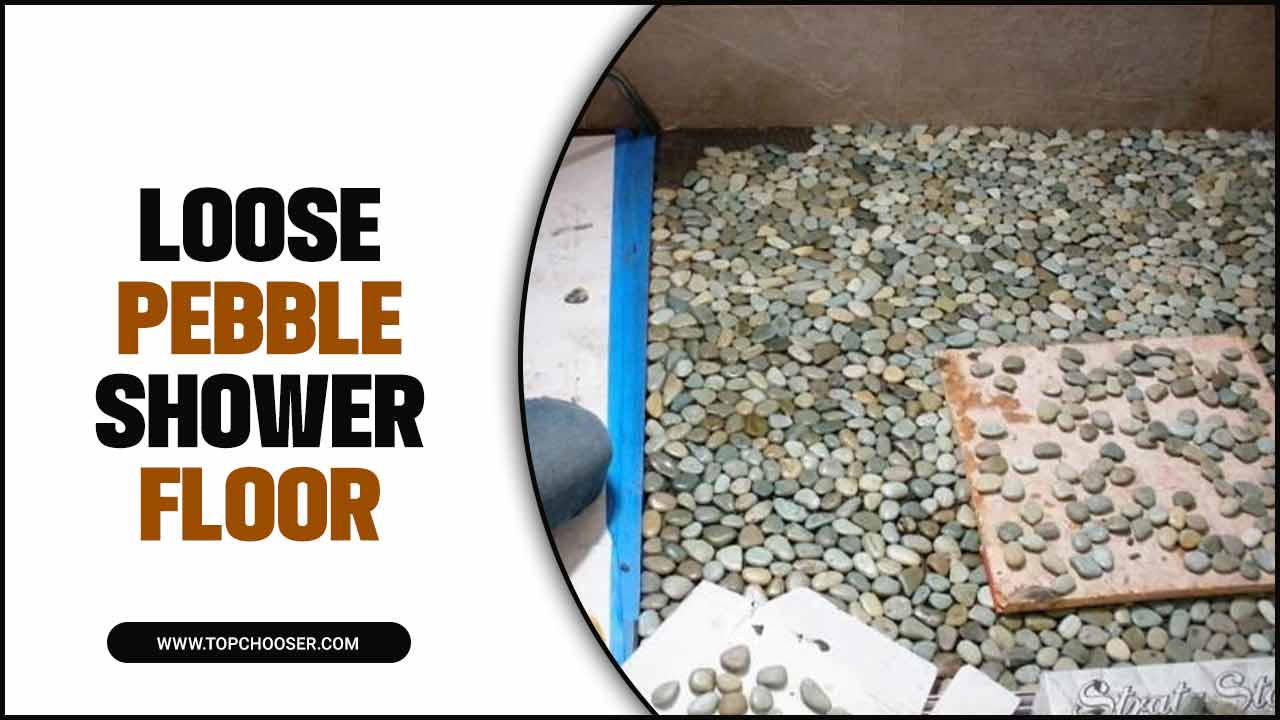Many people often misunderstand the term composting. Some people believe that only the most dedicated gardeners can handle it as a complex process.
Others think it involves throwing food waste into a pile and waiting for it to decompose. Composting is a simple, natural process that anyone can do, regardless of their gardening experience. You can turn your food and yard waste into a nutrient-rich soil amendment by composting and using it to improve the health of your plants.
Here we will be decoding the mystery of composting and explaining What Does composted means. We will teach the basics of composting, including how to compost, what materials can be composted, and the benefits of composting. Whether you are a seasoned gardener or a beginner, this post will provide the knowledge you need to start composting.

Composting Materials

Organic materials decompose naturally to produce nutrient-rich compost that can be used as a soil amendment. Various materials can be composted, typically categorized into two groups: green materials (nitrogen-rich) and brown materials (carbon-rich). Here are examples of compostable materials:
Green Materials:
- Fruit and vegetable scraps
- Coffee grounds and filters
- Tea leaves and tea bags (without staples)
- Grass clippings
- Plant trimmings
- Fresh garden waste
- Seaweed and algae
Brown Materials:
- Dry leaves
- Straw and hay
- Shredded newspaper and cardboard (without glossy coatings)
- Wood chips and sawdust (untreated)
- Twigs and small branches
- Corn cobs and stalks
- Dry grass and plant debris
Other Compostable Materials:
- Eggshells (crushed)
- Nutshells (crushed)
- Fireplace ashes (in moderation)
- Hair and fur
- Cotton and wool scraps
- Dryer lint (from natural fibres)
- Paper towels and napkins (without chemical additives)
What Does Composted Mean: How To Decoding The Mystery Of Composting

Composting is a fascinating natural process that transforms organic waste into nutrient-rich soil. The mystery lies in the intricate web of microorganisms and insects that combine to break down materials like food scraps, leaves, and yard waste. These decomposers thrive and initiate biochemical reactions under the right moisture, oxygen, and temperature conditions.
It’s important to note that not all materials are suitable for composting. Avoid adding meat, dairy products, oily foods, pet waste, treated wood, and non-biodegradable materials. These items can attract pests, cause odour issues, or contaminate the compost. Here is a Step guide on What does composted mean.
Step 1: Choose A Composting Method
Composting is the process of decomposing organic materials into nutrient-rich soil called compost. There are various composting methods to choose from, including backyard composting, vermicomposting with worms, and composting in bins or tumblers.
Composting is an environmentally friendly way to reduce waste and create valuable fertilizer for plants. To decode the mystery of composting, start by collecting organic materials like fruit and vegetable scraps, yard trimmings, and coffee grounds.
Layer them properly, maintain moisture and aeration, and let nature rest. Soon, you’ll have nutrient-dense compost to nourish your garden and help the environment.
Step 2: Select A Compost Bin Or Pile

Selecting a compost bin or pile is crucial for successful composting. Composting involves decomposing organic materials into nutrient-rich soil amendments, such as food scraps and yard waste. Composted refers to the end product of this process, where organic matter has broken down into a dark, crumbly substance full of beneficial microorganisms.
When choosing a composting method, consider factors like available space, desired speed of decomposition, and convenience. Options range from traditional backyard bins and piles to specialized tumblers and vermicomposting systems. Each method has its benefits, so choose one that suits your needs and resources.
Step 3: Gather Compostable Materials
Composting is the natural process of separating organic materials into nutrient-rich soil, such as food scraps and yard waste. Composted materials undergo decomposition by microorganisms, like bacteria and fungi, which transform them into humus, a dark, crumbly substance.
To gather compostable materials, collect kitchen scraps like fruit peels and coffee grounds and yard trimmings like leaves and grass clippings. You combine these materials in a compost pile or bin and control their decomposition. Composting reduces waste, enriches soil, and supports sustainable gardening practices.
Step 4: Layer The Compost Materials

Composting is the process of decomposing organic materials into nutrient-rich soil amendments called compost. Layering compost materials involves arranging them in a structured manner to optimize decomposition. Composted refers to the end product of this process, where organic matter breaks down into a dark, crumbly substance.
To decode the mystery of composting, start by gathering a mix of green and brown materials like kitchen scraps, yard waste, and leaves. Alternate these layers while ensuring proper moisture, aeration, and temperature. With time and microbial activity, you’ll have nutrient-rich compost for gardening and soil improvement.
Step 5: Maintain Moisture And Aeration

Maintaining moisture and aeration in composting is crucial for successful decomposition. The moisture ensures the composting materials stay damp, aiding microbial activity. Adequate aeration allows oxygen to reach the microbes, promoting aerobic decomposition and preventing foul odors. Composting involves the breakdown of organic matter into nutrient-rich humus.
Composted refers to the final product of this process, where organic materials have decomposed into a stable, dark, crumbly substance. Combining the right ratio of organic materials, managing moisture and aeration, and providing time for decomposition can unlock the benefits of composting, enriching the soil, and reducing waste.
Step 6: Wait And Monitor
Composting refers to the process of breaking down organic materials, such as food scraps and yard waste, into nutrient-rich soil amendments. It involves harnessing the power of natural decomposition to create a valuable resource for gardening and agriculture.
Composting requires a careful balance of carbon-rich materials (like dry leaves) and nitrogen-rich materials (like fruit peels), along with proper moisture and aeration. By waiting and monitoring this process, you can observe the transformation of waste into compost, which can improve soil quality, retain moisture, and reduce the need for chemical fertilizers.
Step 7: Harvest And Use The Compost

Composting is decomposing organic materials, such as food scraps, yard waste, and plant residues, into a nutrient-rich soil amendment called compost. Involves creating a pile or container where microorganisms, worms, and other organisms naturally break down these materials.
Composting is a sustainable way to recycle organic waste and reduce landfill waste. The resulting compost can enrich garden soil, improve plant health, and promote sustainable agriculture. It’s a natural and environmentally friendly method of recycling organic matter.
Benefits Of Composting
Composting has numerous benefits as it reduces the amount of waste that ends up in landfills and creates a valuable resource that can be used to improve soil quality. It helps to reduce greenhouse gas emissions, which are responsible for global warming.
By composting, organic waste is diverted from landfills, producing more potent methane gas than carbon dioxide. In addition to reducing greenhouse gas emissions, composting also improves soil quality by providing a nutrient-rich soil amendment that can be used to improve plant growth. Composting helps to reduce the need for chemical fertilizers, which are harmful to the environment and can lead to soil degradation over time.
The Mystery Of Composting
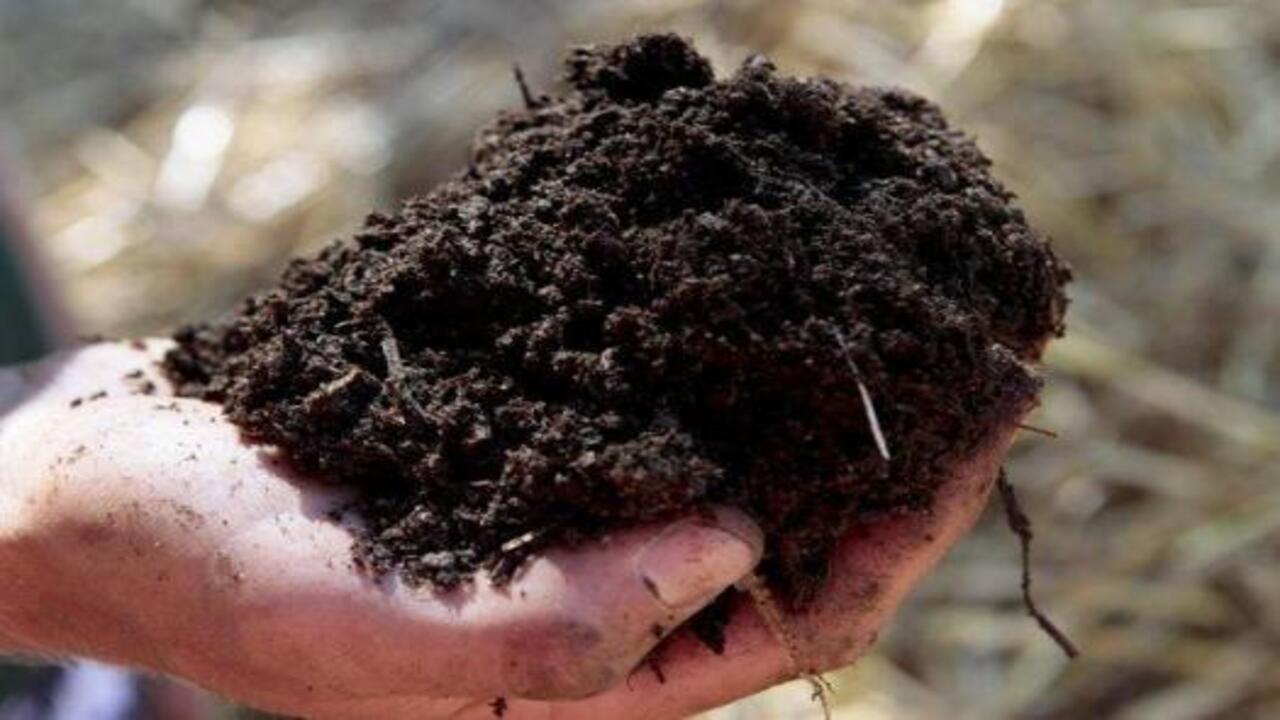
Composting is the process of turning organic waste into nutrient-rich soil that is beneficial for the environment. Bacteria kick-start the process by breaking down complex compounds, followed by fungi that further break down the materials.
Other organisms, such as earthworms and insects, aid in the decomposition process by shredding and mixing the waste. This harmonious collaboration creates heat, which speeds up decomposition. The intricacies of composting continue to intrigue scientists and gardeners alike as they uncover more about this mysterious cycle of life.
Using Compost In Your Garden
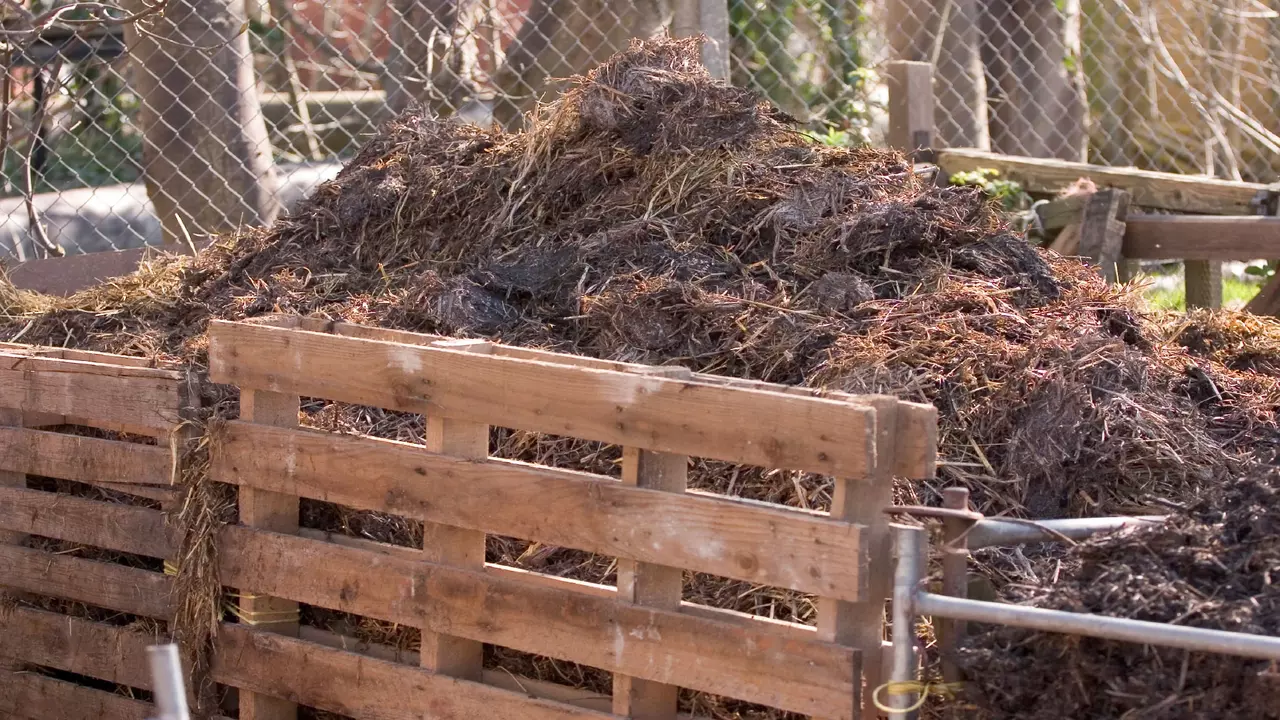
Many people use compost in their gardens as it is an eco-friendly and cost-effective way to support plant growth. Compost is a natural fertilizer that can enrich the soil with essential nutrients and minerals, making it an excellent alternative to chemical fertilizers.
It is easy to make your compost by collecting kitchen scraps, yard waste, and other organic materials. You can mix these materials in a compost bin and leave them to decompose over time, creating rich and nutrient-dense soil.
Using compost in your garden can help to improve soil structure, retain soil moisture, and reduce the need for water and chemical fertilizers. Additionally, compost can help to suppress soil-borne diseases and pests, which is particularly important for organic gardeners.
Conclusion
You’re now an expert in composting, having learned the science behind the process and what materials to include and avoid. You are now ready to start your composting journey, a journey that is not only beneficial to the environment but also to your wallet. Composting can help you save money on fertilizer and other gardening products, and it will give you satisfaction knowing that you are contributing to the reduction of waste worldwide.
Composting is easy and fun, and the rewards are plentiful. Your garden will thank you for the nutrient-rich soil you can provide, and the planet will thank you for the reduced waste being created. And, with your newfound composting knowledge. So it is essential to know What does composted mean.
FAQ
[rank_math_rich_snippet id=”s-fe07122a-ca4b-4282-aeb6-8b5670d367c5″]

I am passionate about home engineering. I specialize in designing, installing, and maintaining heating, ventilation, and air conditioning systems. My goal is to help people stay comfortable in their homes all year long.

